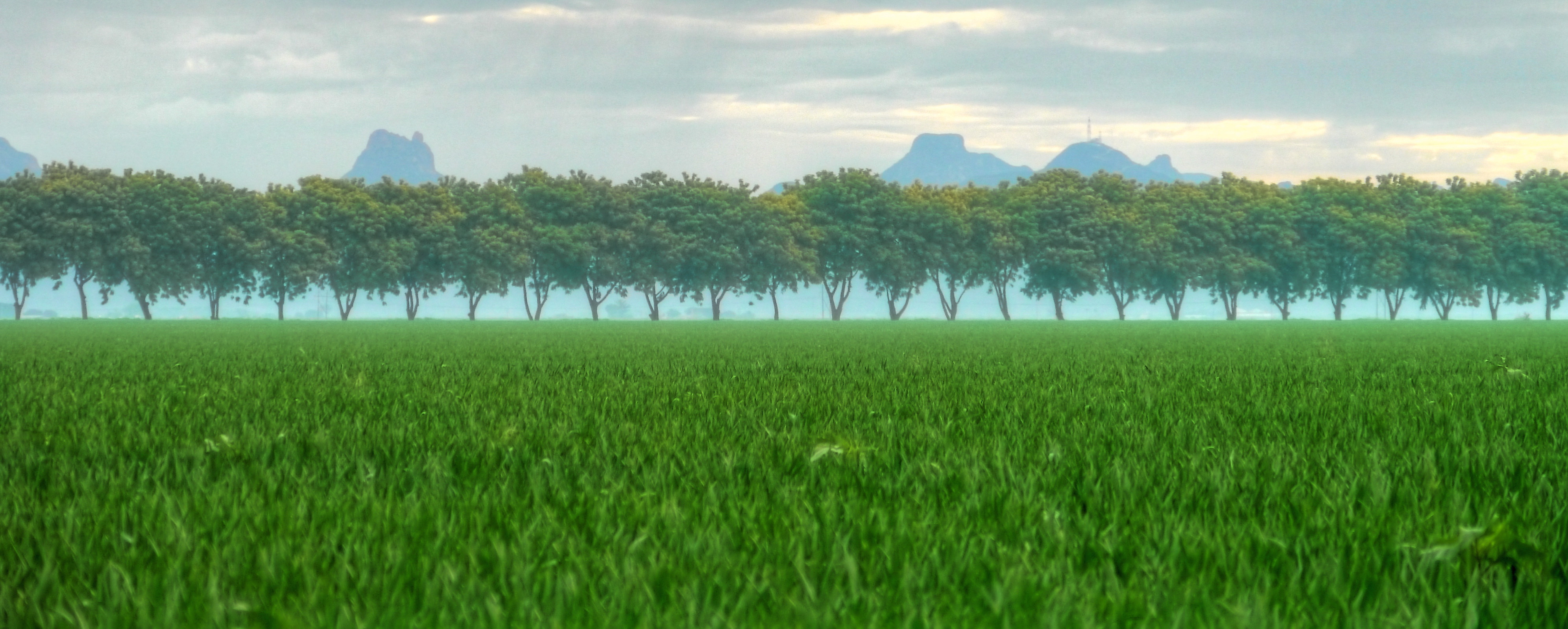
In an act that underlines Mexico’s commitment to biodiversity conservation and global food security, CIMMYT has delivered its ninth shipment of maize seeds to the Svalbard Global Seed Vault. This deposit marks a significant milestone, completing 90% of the maize collection and 92% of the wheat collection, making CIMMYT one of the leading custodians of the world’s agricultural biological heritage.
The Svalbard Vault, known as the “vault at the end of the world,” is an impressive repository located on a Norwegian island, more than 8,000 kilometers from Mexico. Its purpose is to store seeds from around the world to protect biodiversity from natural disasters, conflicts, or the effects of climate change. With this latest shipment, Mexico strengthens its role in conserving seeds that, in critical situations, could mean the difference between the collapse or resilience of global food systems.
Cristian Zavala, germplasm conservation specialist at CIMMYT, emphasized the importance of this shipment for the maize and wheat collections. “This shipment is essential to ensure the availability of seeds in the future,” said Zavala, alluding to the long process needed to complete the conservation of the collections. “While this is not the last shipment to Svalbard, it is a critical one to ensure the availability of the seed in the future,” he added.
These efforts are aimed not only at protecting the genetic diversity of these crops but also at ensuring that the seed is available for distribution. Zavala explained, “In addition to supporting 92% of this shipment, the wheat collection has reached 90% availability for distribution, which makes us eligible to participate in long-term funding.” This availability is key to ensuring food security and allows these seeds to be recovered and distributed to regions that may need repatriation.
The CIMMYT Germplasm Bank at Texcoco, which houses the largest and most diverse collections of maize and wheat in the world, serves not only Mexico but all of humanity. Protected as a “global good,” these seeds are available for research, agriculture, and education. “When we talk about a public good or a global good, we mean that all of humanity has the right to enjoy this diversity in a responsible way,” said Zavala.
The Svalbard Vault, with its ability to withstand natural disasters and other threats, is a guarantee to the countries that store their seed collections there. In Zavala’s words, “If this diversity is lost, only these types of gene banks can and will be able to return it to its place of origin.” This reflects the global and collaborative effort needed to conserve agricultural biodiversity.
This achievement is the result of a collective effort. “To make this shipment possible, a large team of people participated. This year, about 50 people supported this set of seeds,” said Zavala. Conservation of genetic resources is a team effort that involves many actors to ensure the availability of these seeds in the future.
The shipment to Svalbard is a reminder of the importance of gene banks as a critical tool in addressing the challenges of climate change and ensuring global food security. The seeds sent are not intended for immediate cultivation but will serve as a backup, ready to be used in the event of a disaster affecting the original collections. In this way, Mexico is contributing to a public good of inestimable value for all humanity.
In a world increasingly vulnerable to the effects of climate change, biodiversity loss, or social instability, these shipments are more than just storage. They are an act of collective responsibility that will allow humanity to maintain its ability to feed and thrive.

 Climate adaptation and mitigation
Climate adaptation and mitigation 